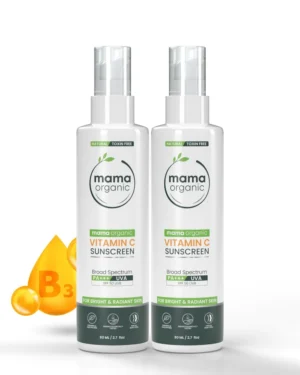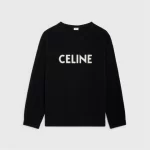Understanding the Importance of Sunblock
When it comes to skincare, few things are as crucial as sun protection. Sunblock, also known as sunscreen, is your first line of defense against the harmful bestsunblock.pk effects of UV radiation from the sun. Prolonged exposure to UV rays can lead to sunburn, premature aging, and an increased risk of skin cancer. Therefore, choosing the best sunblock is essential for maintaining healthy and youthful skin.
Factors to Consider When Choosing Sunblock
Selecting the right sunblock involves more than just grabbing the first bottle you see on the shelf. Several factors should be taken into account to ensure you get the Best Sunblock for your skin:
Sunblock vs. Sunscreen
Before diving into the selection process, it’s essential to understand the difference between sunblock and sunscreen. Sunblock, often labeled as physical or mineral sunscreen, contains active ingredients like zinc oxide and titanium dioxide. These ingredients create a physical barrier on the skin, reflecting and scattering UV rays.
On the other hand, sunscreen, sometimes called chemical sunscreen, contains organic compounds that absorb UV radiation and convert it into heat, which is then released from the skin. Both sunblock and sunscreen are effective, but individuals with sensitive skin often prefer sunblock as it is less likely to cause irritation.
SPF (Sun Protection Factor) Rating
One of the most critical factors in choosing the best sunblock is the SPF rating. SPF measures the product’s ability to protect your skin from UVB rays, which are responsible for sunburn. The higher the SPF, the more protection it provides. For daily use, an SPF 30 sunblock or higher is recommended. If you plan to spend extended periods outdoors, consider SPF 50 or even higher.
Broad-Spectrum Protection
In addition to SPF, it’s crucial to ensure that your chosen Best Sunblock offers broad-spectrum protection. This means it shields your skin from both UVB and UVA rays. UVB rays primarily cause sunburn, while UVA rays contribute to premature aging and can penetrate deeper into the skin. Look for sunblocks labeled as “broad-spectrum” to ensure comprehensive protection.
Water Resistance
If you plan to swim or sweat, opt for a water-resistant sunblock. Water-resistant sunblocks adhere better to the skin, providing more extended protection even when exposed to moisture. However, it’s essential to reapply after swimming or sweating, as no sunblock is entirely waterproof.
Skin Type and Sensitivity
Consider your skin type and any specific sensitivities when selecting a sunblock. Some sunblocks are formulated for sensitive skin and are fragrance-free, hypoallergenic, or non-comedogenic (won’t clog pores). If you have allergies or skin conditions, consult with a dermatologist for personalized recommendations.
The Best Sunblocks on the Market
Now that you understand the factors to consider let’s explore some of the best sunblocks available:
EltaMD UV Clear Broad-Spectrum SPF 46
This dermatologist-recommended sunblock offers broad-spectrum protection and is ideal for individuals with sensitive or acne-prone skin. It contains zinc oxide and is free from fragrance and parabens.
Neutrogena Ultra Sheer Dry-Touch Sunscreen SPF 100+
This affordable option provides high SPF protection and is water-resistant. Its lightweight, non-greasy formula makes it suitable for everyday use.
La Roche-Posay Anthelios Melt-in Milk Sunscreen SPF 100
La Roche-Posay’s sunblock is known for its velvety texture and superior protection. It’s a favorite among those seeking a luxurious feel and high SPF.
CeraVe Hydrating Mineral Sunscreen SPF 30
This drugstore favorite is suitable for all skin types, including sensitive skin. It contains ceramides to help maintain the skin’s natural barrier.
Conclusion
Protecting your skin from the sun’s harmful UV rays is essential for maintaining healthy and youthful skin. When selecting the best sunblock, consider factors like SPF rating, broad-spectrum protection, water resistance, and your skin type. With the right sunblock, you can enjoy the outdoors while minimizing the risk of sunburn and skin damage. Remember to apply sunblock generously and reapply as needed, especially during prolonged sun exposure. Your skin will thank you for it in the long run.



